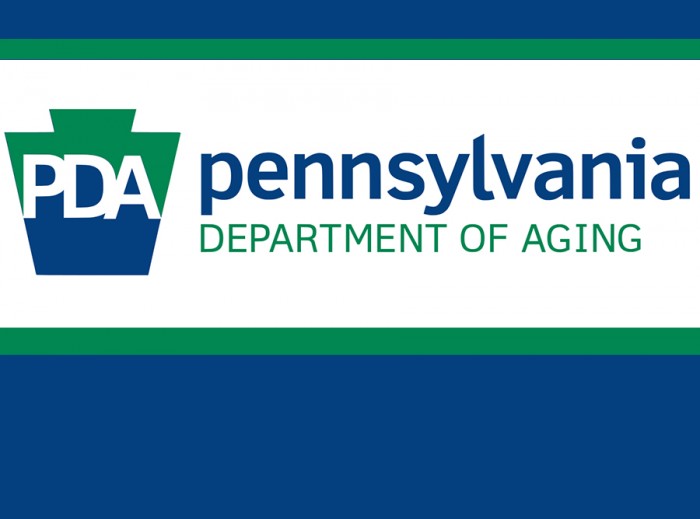This morning, Barbara Merrill, Chief Executive Officer for the American Network of Community Options and Resources (ANCOR), issued the following statement regarding the prioritization of people with intellectual and developmental disabilities (IDD) in the distribution of forthcoming COVID-19 vaccines. Merrill’s statement comes just hours after a promising announcement from Moderna about its plans to seek approval from the US Food and Drug Administration (FDA) for its vaccine and one day before the anticipated publication of vaccine allocation recommendations from ACIP, the Advisory Committee on Immunization Practices of the US Centers for Disease Control and Prevention (CDC).
“Having spent much of 2020 waiting for good news about a COVID-19 vaccine, ANCOR is incredibly optimistic about several recent positive developments from vaccine developers such as Pfizer, Moderna, and others. These developments suggest that we could be within 10 days of the FDA approving at least one highly effective COVID-19 vaccine.
“With FDA approval on the horizon, states will soon begin implementing the vaccine distribution frameworks that they have spent the past several months developing. We believe that across the board, these frameworks rightly identify several high-priority groups who ought to be vaccinated as soon as possible given the risks that they face if they contract COVID-19. These groups include frontline health care workers, people living in long-term care facilities, and people over the age of 65. Missing from most states’ lists of priority groups, however, are people with IDD.
“For months, ANCOR has advocated that people with IDD be explicitly included in the top priority tier to receive the vaccine because mounting research shows particularly significant risks facing this group. Data recently collected from eight states in partnership with ANCOR’s state association members found that people with IDD were twice as likely as members of the general population to die from COVID-19 despite being no likelier to contract the virus. Meanwhile, an analysis of insurance claims data conducted by Fair Health found that people with ‘developmental disorders’ were among the likeliest to die from COVID-19 while another study in the United Kingdom found that people with Down syndrome were 10 times likelier to die from COVID-19 compared to members of the general population.
“Furthermore, ANCOR firmly believes that direct support professionals (DSPs)—those on the frontlines who are keeping people with IDD safe during the pandemic—must be prioritized in states’ vaccine distribution plans. DSPs are critical to supporting people with IDD in doing everything from activities of daily living to taking precautions to avoid exposure to the coronavirus. Because they often work in people’s homes and in situations where social distancing is not possible, prioritizing DSPs to receive the vaccine will be a critical step in keeping the people they support safe and healthy.
“Given the expedited timeline on which forthcoming COVID-19 vaccines will be approved by the FDA and allocated according to states’ distribution frameworks, it is absolutely imperative for states that have yet to identify people with IDD as a top-tier priority to do so prior to December 10—the date on which the FDA is expected to approve the first COVID-19 vaccine for distribution. It is also crucial that ACIP, through its formal vaccine allocation recommendations, clearly signals to states the need to prioritize people with IDD in the allocation of any FDA-approved COVID-19 vaccine.
“Federal and state governments should be applauded for the important work they’ve done in response to the record speed at which vaccine developers have created a highly effective antidote to this deadly virus. However, the reality is that the work is far from over. ANCOR stands as a ready and eager partner to these lawmakers as we all work to ensure the fastest possible recovery from a global pandemic that has wreaked havoc on the lives of far too many Americans.”
















